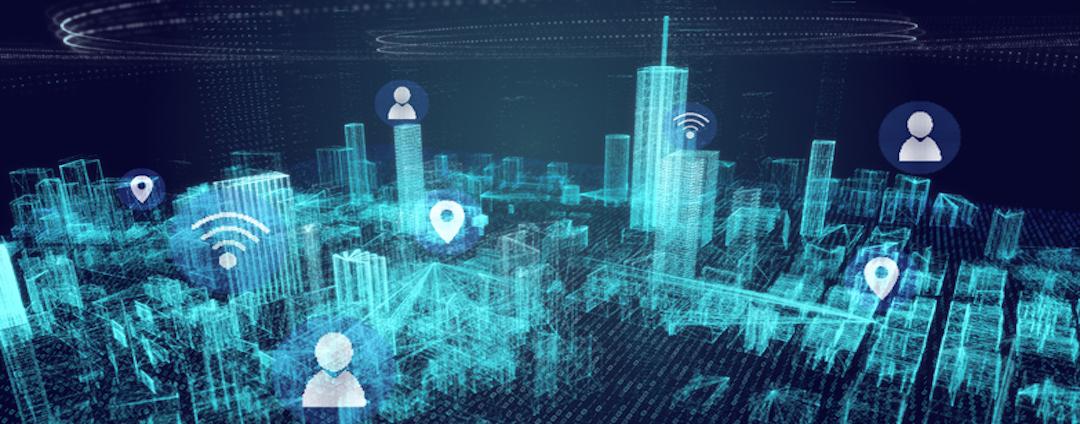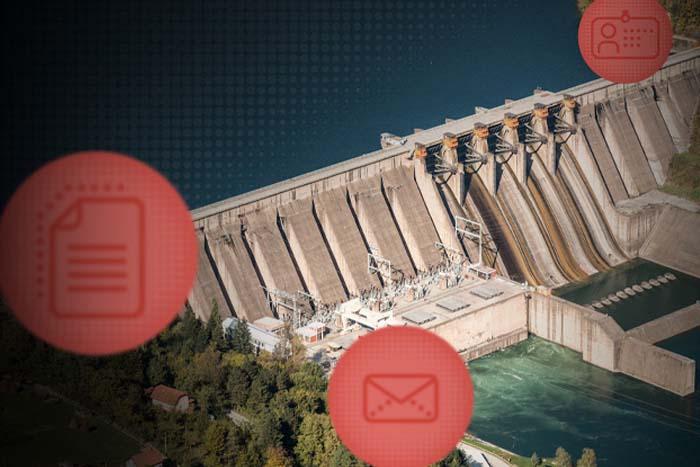Zscaler Blog
Get the latest Zscaler blog updates in your inbox
Subscribe
Enhancing Law Enforcement Connectivity and Security with Zscaler Private Access
For law enforcement, seamless and secure connectivity is non-negotiable. For more than two decades, legacy VPNs have been the cornerstone technology, providing always-on connectivity to patrol cars and other mobile units. However, as cybersecurity threats have evolved and security requirements have increased to address this, there is an emerging need for a modern approach to providing secure connectivity for criminal justice. Zscaler Private Access (ZPA) offers a modern approach that exceeds the reliability of traditional solutions and offers enhanced security features aligned with zero trust principles.
The Legacy of VPN
Remote connectivity for public safety became ubiquitous in the early 2000s, when law enforcement worked with technology partners to gain secure access to CJIS data using cellular connectivity. At that time, cellular providers were in the early phases of building out statewide connectivity and coverage could be intermittent. Officers required an always-on, seamless connection to their systems, even when driving through areas with inconsistent cellular coverage. In response to this need, technologies emerged that provided this capability using a traditional VPN. These solutions offered a persistent connection that was critical for processing real-time information, such as running license plates, without the need for manual reconnections—a common issue with traditional VPNs of that era. These solutions ensured that officers could access the vital intelligence needed to safely patrol our nation’s highways and protect residents.
VPN-based solutions have served law enforcement for decades; however, they provide direct network access, an approach that lacks the security benefits that zero trust brings to law enforcement agencies. Because VPNs connect users to networks instead of to applications, the connectivity it provides can be leveraged by attackers to move laterally between devices and deeper into the organization’s internal network.
Additionally, as with any VPN solution, servers must be exposed to the internet where they can be attacked by malicious actors. Maintaining such an environment requires maintenance of servers and client software versions. Unfortunately, many criminal justice agencies operate on branded systems that may not have updated security patches, leaving them vulnerable to ransomware attacks
The Evolution to Zscaler Private Access
Zscaler Private Access (ZPA) offers the always-on VPN connectivity model that law enforcement has come to rely-on from legacy solutions, offering similar always-on connectivity while embedding advanced security features. ZPA’s architecture ensures that sessions remain intact, even when officers move through areas with varying connectivity. This seamless reconnection ability is vital for maintaining operational efficiency and security.
Zscaler ZPA's is built to provide zero trust connectivity. It integrates with modern identity providers like Microsoft Entra and Okta. This integration allows for seamless re-authentication and introduction of multi factor authentication (MFA), ensuring that officers can access their systems securely without disruptive untimely logins. This is particularly important as law enforcement agencies strive to comply with the FBI's Criminal Justice Information System (CJIS) security policy, which mandates advanced authentication measures starting October 2024.
Ensuring Compliance and Security
The CJIS security policy's mandate for advanced authentication requires agencies still relying on traditional VPNs to modernize their remote connectivity approach. Rather than implementing proprietary MFA approaches, ZPA leverages the MFA capabilities of our customer’s identity provider, aligning with modern authentication standards and ensuring compliance with minimal friction.
ZPA’s zero trust architecture also reduces security risks by eliminating the need to bring devices directly onto law enforcement networks. Instead, it facilitates secure, inside-out connections through the Zero Trust Exchange, significantly enhancing the security posture of mobile data terminals.
A Smooth Transition Path
Transitioning from a legacy VPN solution to ZPA can be managed smoothly, ensuring minimal disruption to daily operations. Agencies can deploy ZPA alongside their existing VPNs, allowing for controlled testing and gradual migration. This approach ensures that officers can become familiar with ZPA without a steep learning curve, leveraging the similar administrative interfaces and always-on capabilities.
During my tenure in Illinois, the state successfully migrated 12,000 users from a VPN solution to ZPA in less than a month. This rapid transition was facilitated by deploying ZPA with their existing Zscaler Client Connector, ensuring that users could seamlessly switch between the two systems during the testing phase.
Conclusion
As law enforcement agencies navigate the evolving CJIS requirements and adapt to face the new, increasingly hostile cybersecurity landscape, Zscaler Private Access can ensure that officers can continue to rely upon smooth access to the criminal justice data needed to keep officers and residents safe. It not only replicates the seamless, always-on connectivity of its technology predecessors, but also introduces advanced security features aligned with zero trust principles. By ensuring compliance with CJIS requirements and offering a smooth transition path, ZPA empowers law enforcement agencies to modernize their operations while maintaining the highest standards of security and efficiency.
For agencies looking to enhance their connectivity solutions, ZPA offers a compelling, future-proof alternative to traditional VPN solutions, ensuring that law enforcement officers can perform their duties securely and without interruption, regardless of where their mission takes them.
Download this solution brief: Zscaler for Public Safety and Law Enforcement.
Was this post useful?
Get the latest Zscaler blog updates in your inbox
By submitting the form, you are agreeing to our privacy policy.



